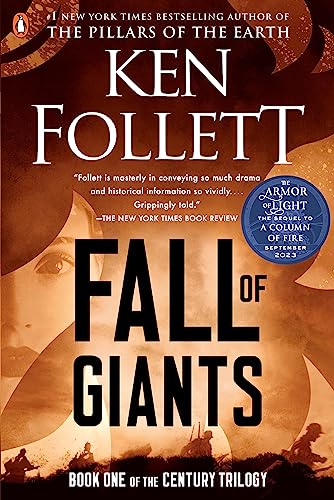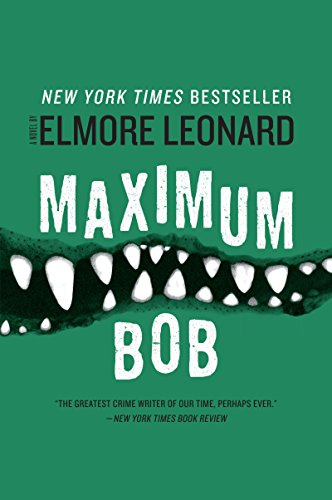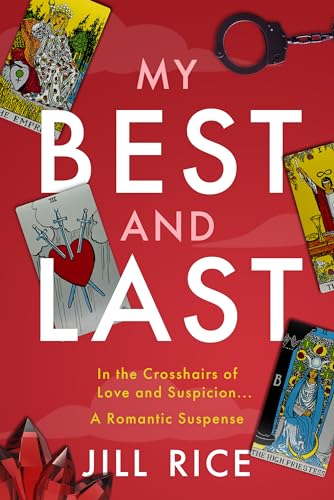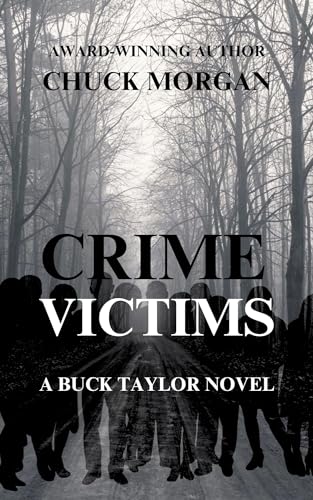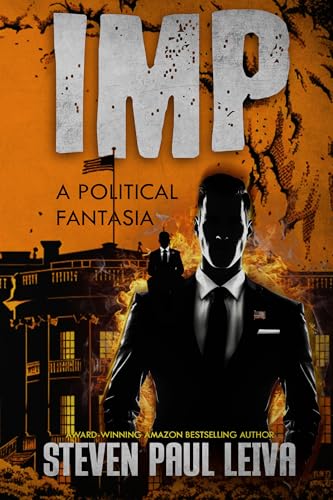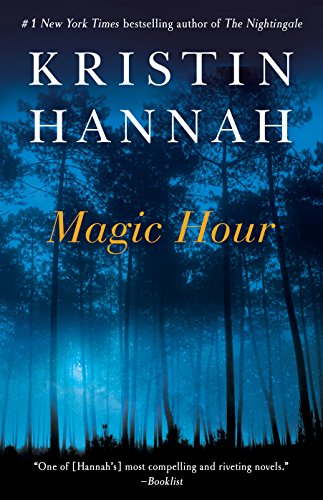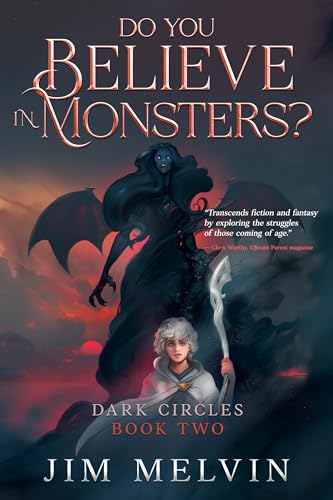In today’s Publetariat Dispatch, author and small publisher Alan Baxter ruminates on the new “crowdfunding” movement. Warning: this post contains some strong language.
This is going to be one of those posts where I ramble on without any real direction and hope I discover a point along the way. “How is that different to any of your other posts?” you ask. Well, screw you. You’re the one reading. In truth it’s because I have a lot of thoughts on this subject, and I’m keen to discuss it, but no really firm opinion yet. And I’m not the kind of person who would usually be described as lacking in opinion. Let’s start with a description of the concept.
Crowdfunding is something that’s not really new, but something that’s gained massive traction in the internet age. Essentially it works like this: Someone comes up with an idea that needs funding. They ask “the people” if they would support said idea by pledging cash. If enough cash is pledged to pay for the idea, the people are charged and the idea goes ahead. If not enough moolah is pledged, no one is charged and the idea sinks like a lead turd, never to be spoken of again.
It’s not unlike general arts funding, except everyday folk are approached for the cash. And the internet makes it especially easy with sites like Kickstarter and Pozible streamlining the whole process. People pledging money tend to get something out of it too. They can chip in a small amount just for the warm feelings of contributing to something worthwhile, or they can pledge more and get something tangible if the idea goes ahead. For example, if it’s an event being crowdfunded a pledge of a certain amount could include a ticket to the event. A higher pledge might include a VIP pass. Higher still and you get a VIP pass and a t-shirt. And so on. There are all kinds of incentives. And it’s becoming de rigeur for arts funding. Which is, on the one hand, great – it helps to get arts things funded. On the other hand, it’s fucked – arts things should be government funded anyway, but the sad reality is that they’re not. And they get funded less and less all the time. But I’m going to avoid a political tirade here and just talk about the concept of crowdfunding.
My first direct experience of it was with a Kickstarter project where film-maker Christopher Salmon was asking for funds to make a short film of Neil Gaiman’s short story, The Price. For a fully-realised animated feature he needed $150,000 of funding. Neil Gaiman himself endorsed the idea (which is how I heard about it via Twitter) and the thing went viral. The funding has hit $161,774 and the short film is being made. I kicked in and my contribution will result in me receiving a DVD of the film when it’s made. The Price is one of my favourite Gaiman shorts, so I’m dead chuffed about that.
I’m now directly involved in another crowdfunded project. The Emerging Writers Festival wants to run a digital publishing event up in Brisbane and they asked me to be involved with one of the panels. I was happy to oblige, but the whole thing can only go ahead if it gets funding from the people, as the government are so tight they eat coal and shit diamonds. The project has hit its goal. Sweet – I’m going to Brisbane. Here it is.
These are examples of great ideas becoming real because the people behind the ideas asked the public if they would be interested, and the public responded by making it happen. Kinda awesome, no?
But it’s gone beyond that. I’ve noticed several “name” authors using Kickstarter or something similar to finance a new novel. They’re completely skipping the publisher and using ebook and Print On Demand technology, essentially self-publishing so they don’t need a publisher. But, and this is important, they’re recognising the need for professionals in editing, proofing, layout, cover design and so on. All of which costs money. Plus, they want to be paid for their efforts. I know! Authors expecting to be paid! Are they mad? Yes – mad as a hessian sack full of Hatters in Wonderland. But then again, we all know writers are mad. We wouldn’t be writers if we weren’t stark raving bonkers. So these authors have asked the fans to kick in if they want to see the book.
This is truly the most democratic path to publishing you can imagine, as only those people who want to read the book will contribute. Therefore, if the total requested is raised, the book will happen. (If only trad publishers had anything like that assurance when putting out a new book.)
However, and here’s the real rub, those authors need a fan base in the first place. I’m quite okay with self-publishing and indie publishing, as regular readers here well know. I’ve had a varied path to publication myself and have dabbled like a mischievous sorcerer in a variety of methods. Any path that leads where you’re going is the right path.
Yet I know that some newbies in the writing game – and other areas of the arts for that matter – see crowdfunding as a way to get a start without having to work so hard. The trouble is, someone with no real following, without any proven track record or an existing fan base, will have a hell of a job getting any cash at all through a crowdfunded project. Like those self-publishers really nailing the market, especially with ebooks, who are actually trading on their past publishing success, only established artists are likely to get any crowdfunded money. The Amanda Hockings of this world are most certainly the exceptions not the rules, as I discussed at length here. People trying to start out will still be struggling along like tiny minnows against the flooding tide of existing artists.
Of course, you’re always going to get those who buck the trends and emerge out of obscurity like a lucky butterfly made of cash, but they’re going to be very rare. I guess it’s fair in some ways – we all need to work hard to get successful. I think there’s something fundamentally damaging about success that comes too easily. Then again, I work like a son-of-a-bitch and success is a slow burn for me. So maybe I’m just bitter. But people expecting a handout without proving themselves are unlikely to get one, and that’s where this is different from panhandling. After all, it’s far easier to ignore a beggar on the internet who wants you to fund their desire to write than it is to ignore someone on the street who’s really doing it tough and simply trying to eat. The truly destitute in society need our compassion and assistance. Would-be writers crying out online, pleading with people to pay their rent and grocery bills while they try to make a go of writing, do not. They need to do something to earn our attention, then maybe we’d be more inclined to throw a few shekels their way and see if they can climb a rung or two of the ladder.
It sounds harsh and I don’t want to be accused of ignoring the struggle of emerging talent, or stepping on people trying to get a start in this game. Thor knows, I’ve struggled hard enough myself, and still do. But I’ve mentioned it before, determination and hard bloody work are as important as talent in this game. If you can wrangle a few bucks out of people without proving yourself first, more power to you. I wish anyone trying it the best of luck. But don’t get shitty when you post a Kickstarter saying you want five grand to try to finish your first novel and get pretty much sweet fuck all. We’d all have loved five grand to finish our first novels, but none of us got it and we went ahead and did the work anyway. Of course, a few people do get actual arts grants for this stuff but, like the established writers making a go of crowdfunding their next books, those arts grant recipients had some history to prove themselves worthy of receiving said grant.
So I guess my opinion really is this – I see the whole new trend in crowdfunding to be an extremely exciting thing. Let the voice of the people be heard. It’s a great way to finance things which might otherwise slip under the radar and never happen. But I don’t think it’s a way for unknown names – in any field of endeavour – to suddenly circumvent that harsh crucible of slaving away at their art like a motherfucker while also scraping a living, engaging personal relationships and generally being a human person. Which is a shame, but I guess these things aren’t easy for a reason. I compare it often to my life as a martial artist, and like I often tell my students, “Kung Fu is seriously hard work. After all, if it was easy, everyone would do it.”
I’m certainly interested in your comments on the subject, so do chime in below. (Publetariat Editor’s note: click here to leave your comment on the original article, where it appears on Alan’s site.)
And maybe I’ll see you in Brisbane!
This is a reprint from Alan Baxter‘s The Word.

